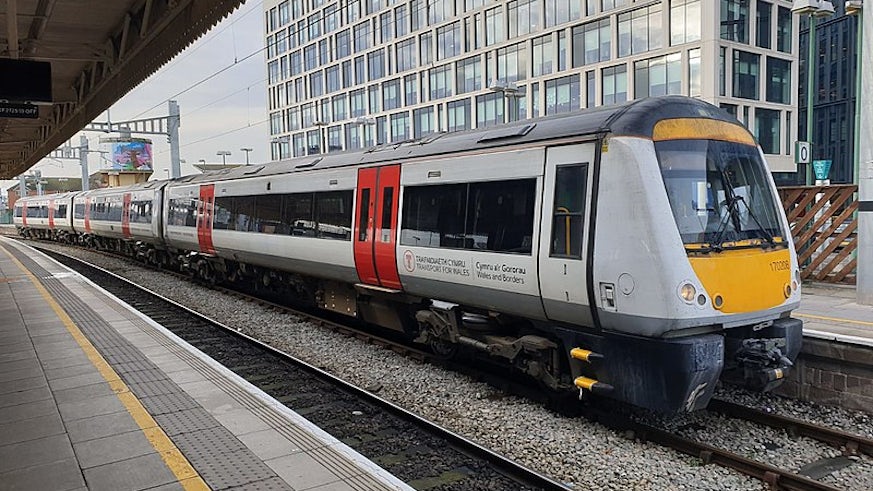“Classify HS2 as England-only”: MPs cite Wales Governance Centre evidence
14 July 2021

The HS2 rail project should be classed as an England-only project so that Wales can receive extra transport funds, according to Westminster’s Welsh Affairs Committee.
In a new committee report on rail infrastructure in Wales, MPs backed calls by researchers at Cardiff University’s Wales Governance Centre to reclassify the major rail project as England-only so that a greater allocation of funds would come to Wales through the Barnett formula.
The treatment of HS2 as an ‘England and Wales’ project by the Treasury means that unlike Scotland and Northern Ireland, Wales does not receive additional funds as a result of spending on the project in England.
However, the committee did not back calls for a Scottish-style devolution of rail infrastructure, arguing that complexity and maintenance costs would outweigh the additional financial resources that flow to Wales through the Barnett Formula under a fully-devolved system.
Evidence from the Wales Governance Centre, heavily cited in the committee report, demonstrates that under a fully devolved system, Wales could have received an extra £514m investment in its rail infrastructure between 2011-12 and 2019-20.
Guto Ifan commented:
“It’s welcome to see recognition that the way HS2 is classified by the Treasury penalises the Welsh budget. Classifying HS2 as an England-only project would lead to larger funding increases over future years.
“But HS2 should not be viewed in isolation from the wider issue of rail devolution. Another key issue is the effect of Network Rail being reserved and included in Barnett formula calculations over coming years. This will only serve to reduce future funding for the Welsh Government to spend on devolved areas of transport and topping up spending on rail infrastructure.
“It appears that only full devolution of rail infrastructure can generate predictable amounts of funding to be invested in the Welsh rail network. The arguments about complexity and management should be considered as challenges that if unlocked, would lead to significantly greater funding for Wales over the next five years.”


